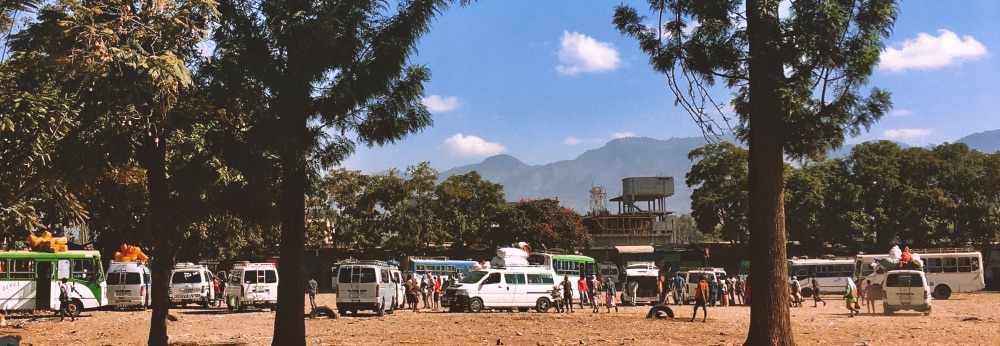28. November 2023, 18:00 CET
Somaliland in north-western Somalia seceded unilaterally from the rest of Somalia in 1991. Since then, it developed as viable de facto state. It is generally reported as beacon of stability, praised for its internal peace, (relatively) democratic elections and the legitimacy of its political institutions. In recent years, there has been a considerable influx of international aid, investment and political support to Somaliland, nurturing hopes of international recognition. However, what often is ignored by external observers, and what also is consciously silenced by Somaliland elites and vocal supporters in the diaspora, is the plurality of political positions within Somaliland for and against secession from Somalia. These positions are, to a considerable degree, related to clan-belonging. Members of the Isaaq clan-family residing in the centre of Somaliland tend to support secession. Those belonging to the Harti-clan-collective residing in the east mainly reject secession. The epicentre of this conflict has since twenty years now been Lasanod and surrounding’s. Marginalization and militarization have become the hallmark of the area since 2002. Over the years, Somaliland forces and Harti militias clashed occasionally. The Somaliland army eventually established itself as dominant power. Yet, in December 2022, an uprising started in Lasanod that transformed in a veritable war. Between February and August 2023, the Somaliland army laid siege to Lasanod, frequently shelling the town. Local militias put up resistance which was logistically and militarily supported by Puntland, which is part of Somalia and neighbours Somaliland to the east. On 25 August, the Harti militias routed the Somaliland army positioned around Lasanod and drove them far west, out of all Harti clan-lands. Subsequently, the Harti began to establish their own administration called SSC-Khaatumo, which sees itself as part of Somalia. At the moment, it is unclear if the government of Somaliland will engaged in a military counter-offensive. Additional to the military defeat in the east, Somaliland faces internal rifts in the centre. If the status quo continues, Somaliland’s secessionist project is likely “dead”. What will this mean for peace and stability in the region?
Registration by email.

